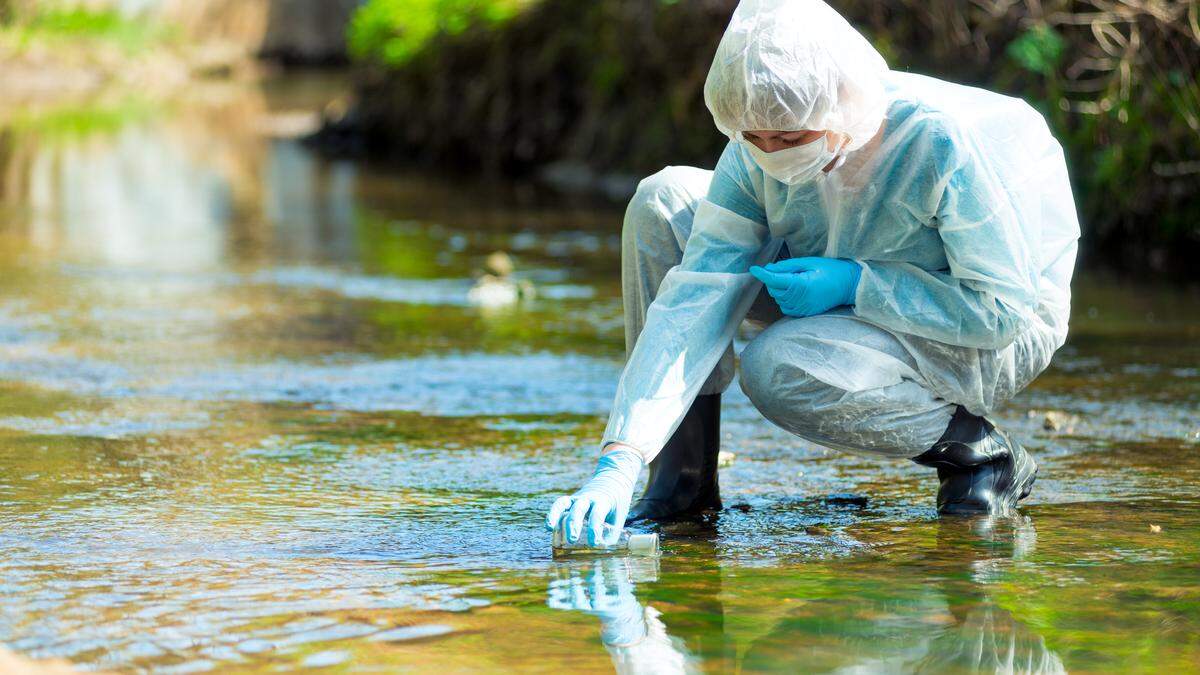Cocaine use in Luxembourg peaks at the weekend and on Tuesdays, with cannabis smoked less on weekends than during the week, an EU wastewater survey has found.
The European Union Drug Agency sampled wastewater from 128 European cities for the latest edition of its analysis. While in the last edition, the villages of Mamer, Mersch and Boevange were singled out for study, for this year’s edition the wastewater treatment plant in Beggen served as the sample source.
Nearly 500mg (or 0.5g) of cocaine per 1,000 inhabitants per day were found in the used water, with consumption higher on Saturdays, Sundays and Tuesdays than other days of the week. That amount puts Luxembourg well behind cities like Antwerp (nearly 2g), Amsterdam (1.2g) or Brussels (1.1g) – the EU’s frontrunners – but ahead of Munich (0.4g), Barcelona (0.3g), and a host of other European cities.
Also read:Drug cartels have long since put Luxembourg on the map
At 0.14g per 1,000 inhabitants, cannabis was the second most common drug found in Luxembourg’s wastewater. That was almost three times higher than in Paris (0.05g) but neck and neck with Rotterdam and Eindhoven. In Amsterdam the concentration was nearer 0.3g.
Other psychoactive substances – amphetamines (0.008g), MDMA (0.222g), ketamine (0.0124g) and methamphetamine (0.0023g) – were also present in Luxembourg waters, but in much smaller quantities. In Amsterdam, for example, 13 times more MDMA was found in wastewater than in Luxembourg, and 11 times more ketamine.
Across all 128 European cities in 26 countries (24 EU countries plus Turkey and Norway), increases were observed in the detection of three of the stimulants (MDMA, cocaine and amphetamine), with divergent trends observed for methamphetamine and ketamine.
“Although the results vary considerably from one study location to another, it should be noted that the six illicit drugs studied were found in almost all the participating cities,” the study said.
“This year’s study, covering a record 128 European cities, paints a clear picture of a drugs problem that is both widespread and complex,” said Alexis Goosdeel, executive director of the EU’s drugs agency.
Also read:Cannabis popular, though growing at home less so
(This story was first published in Virgule. Translated and edited by Cordula Schnuer)
